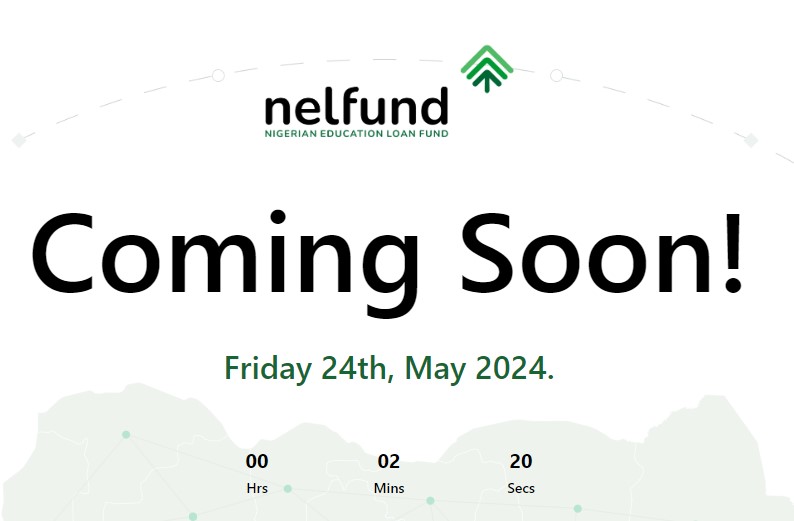The pilot phase of Nigeria’s student loan scheme has gone live with federal tertiary institutions as beneficiaries.
President Bola Tinubu enacted an initial version of the student loan policy in June 2023 to grant interest-free loans to students.
The scheme was to commence in October 2023 but implementation was repeatedly deferred until a re-enactment in April 2024.
NELFUND recently scheduled the opening of the loan application and issuance portal for May 24.
During pre-application sensitisation, NELFUND said the scheme’s pilot phase would only be open to federal tertiary institutions.
The scheme went live at 00:00 on May 24, with the fund encouraging students of federal universities, polytechnics, and colleges to apply.
NELFUND earlier clarified that the scheme’s second rollout, to be announced when due, will extend loans to state-owned institutions.
In an FAQ published via its social media page, NEFUND said only students of public tertiary institutions are eligible to apply for the loan.
It said they must submit proof of admission capturing their name, birth date, JAMB number, matriculation number, and BVN.
The fund said all new and existing students within the institutions can enter for the loan, conditionally including direct entry candidates.

It said how much loan every student is allowed to apply for would be determined by the charges of their respective institution.
“The charges will be remitted directly to the institutions and the upkeep will be paid to the applicant on a monthly instalment,” it said.
“Applicants will receive a notification and the status of the loan application can be seen in the applicant’s profile on the portal.”
NELFUND said a beneficiary must begin repayment two years after their youth service as long as they have a job or are self-employed.
It said a beneficiary should notify NELFUND by court affidavit every three months after this due date if still unable to gain employment.
“Ten percent of a beneficiary’s salary will be deducted at source. Self-employed beneficiaries are to remit 10% of monthly profits,” it said.
“You are at liberty to seek to repay beyond the statutory 10% monthly repayment by your employers/by self if you are self-employed.
The fund said an applicant would be denied a loan if proven to have defaulted on any previous loan granted by any licensed financial institution if found guilty of submitting fake documents, and if dismissed for exam malpractices by any school authority.
It said they may be disqualified if convicted of fraud, forgery, drug offences, cultism, felony, and any offence involving dishonesty.
Copyright 2024 TheCable. All rights reserved. This material, and other digital content on this website, may not be reproduced, published, broadcast, rewritten or redistributed in whole or in part without prior express written permission from TheCable.
Follow us on twitter @Thecablestyle

